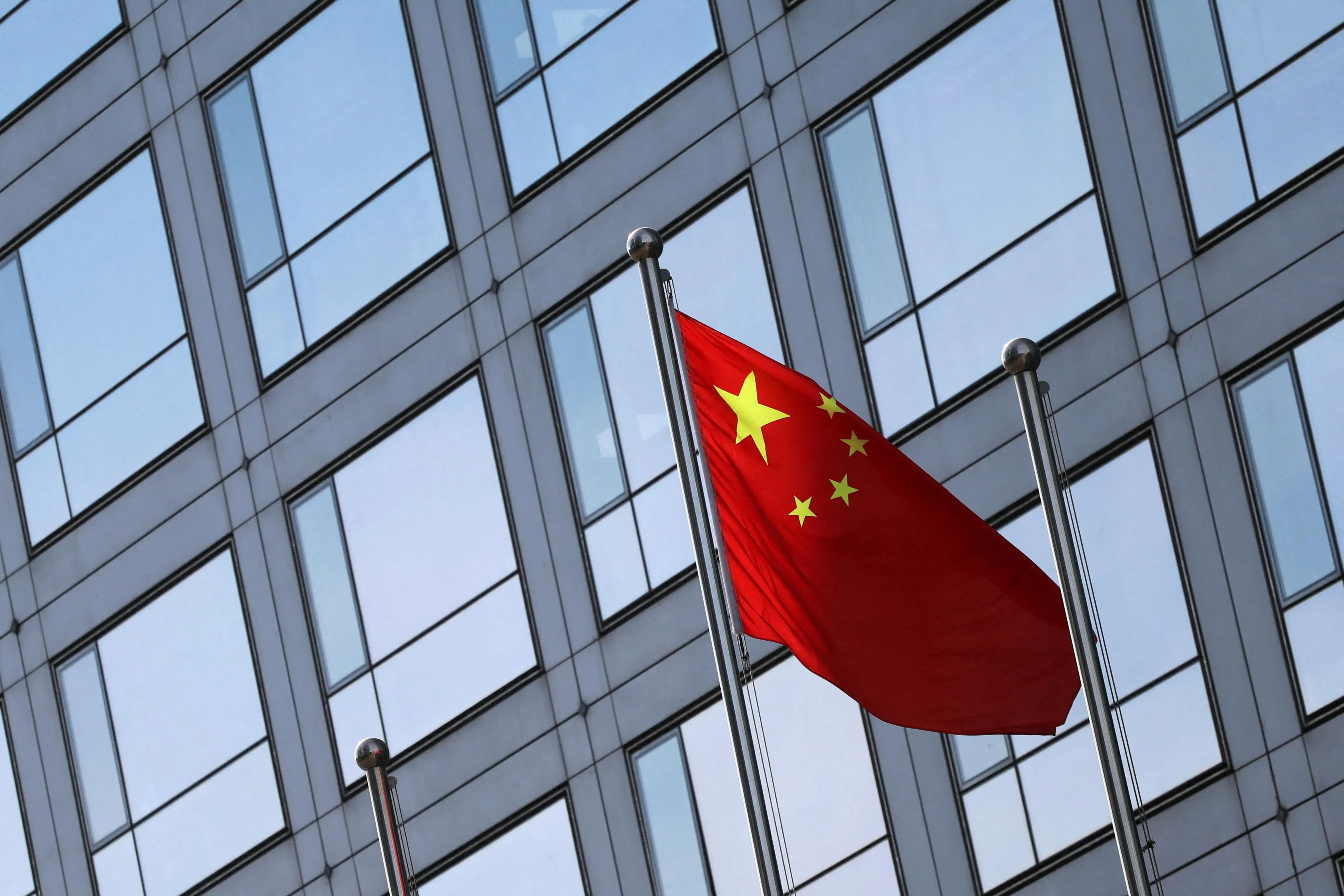[SINGAPORE] The direct downside impact of US tariffs on Singapore’s economy should be “contained”, but threats from sectoral tariffs against semiconductors and pharmaceuticals remain, said analysts on Friday (Aug 1).
US President Donald Trump had announced updated tariffs hours ahead of an Aug 1 deadline. Malaysia, Thailand and Cambodia were hit by 19 per cent levies, while Taiwan will face a 20 per cent rate on its US exports.
The new directive will go into effect after midnight in the US on Aug 7.
A spokesperson from Singapore’s Ministry of Trade and Industry said that Singapore will continue to face the global baseline rate of 10 per cent. The figure was confirmed by the ministry with the Office of the US Trade Representative.
Prime Minister Lawrence Wong had earlier said the 10 per cent levy was “not ideal”, but was something the country can “live with”.
Sectoral threat remains
DBS analysts Radhika Rao and Chua Han Teng said the downside direct impact of the tariffs on Singapore will be “contained”. However, they warned that the economy would still face indirect pressure.
BT in your inbox
Start and end each day with the latest news stories and analyses delivered straight to your inbox.
“The city-state’s exports and economy will still face indirect negative impact through its trade linkages with key trading partners, with further threats from sectoral tariffs like semiconductors and pharmaceuticals that are still under review,” they added.
RHB analysts concurred that Singapore faced threats due to potential sectoral tariffs on semiconductors and pharmaceuticals. They added that “Singapore continues to be the most exposed” in Asean, citing its high trade openness and reliance on manufacturing exports.
The Straits Times Index booked a modest gain of 0.2 per cent shortly after the market opened on Friday, but ended the day 0.4 per cent down at 4,153.83. This came after a 2.3 per cent drop in six days from its record high of 4,273.05 on Jul 24.
Asian markets mixed
Lorraine Tan, Morningstar director of equity research in Asia, said that overall, the tariffs are relatively expected for Asia.
She added that the levies for South Korea, Japan and South-east Asian countries were not outlandish. “We think the markets should shrug this news off.”
Among Asian markets, South Korea’s Kospi dived about 3.9 per cent to close at 3,119.41 points. However, that also came on the back of government proposals on Thursday to hike corporate taxes.
Trump said on Wednesday that the US would charge a 15 per cent tariff on imports from South Korea, down from 25 per cent had it not struck a deal, marking a slight win for the East Asian economy.
Taiwan’s Taiex slumped 1.6 per cent before paring losses to close 0.5 per cent down at 23,434.38 points on Friday. President Lai Ching-te called the new tariff “temporary” and said Taiwan will continue negotiations with the US.
On the other hand, Malaysia’s Kuala Lumpur Composite Index jumped 1.33 per cent, ending the day at 1,533.35 points; Thailand’s SET tumbled nearly 2 per cent to close at 1,218.33.
RHB analysts said the automotive and pharmaceutical sectors in Thailand could also feel some pain, as could the electric vehicle (EV) battery segment in Indonesia.
But they noted that in general, “Indonesia and Thailand are relatively more insulated by their larger domestic demand bases”, compared to Singapore.
China still in negotiations
Morningstar’s Tan noted that, in Asia, China is still in focus with negotiations still ongoing.
“The fact that Trump is willing to impose a higher tariff on India for buying Russian oil may weigh a bit on the direction of the China negotiations,” she said. “If China is able to assure and introduce a way to rein in the fentanyl exports, alongside an agreement over the rare earths, these issues would help to facilitate the conclusion of a trade deal between the US and China.”
China’s rare earths have been used as a bargaining chip in the US-China trade war, as they power everything from data centres and electronics to EVs. The US and much of the world largely depends on China for these resources. On fentanyl, the Trump administration blames China for the influx of the drug into the US.
Treasury Secretary Scott Bessent said the US and China will continue talks over maintaining a tariff truce before it expires in two weeks.
While most Asian markets seemed indifferent to Friday’s announcement, Morningstar’s Asia equity market strategist Kai Wang cautioned that a 90-day extension to the tariff truce with China could be viewed negatively by investors.
News had emerged that China’s delegation had indicated a 90-day extension of the two economies’ trade-war truce was agreed, although Bessent said Beijing has “jumped the gun”.
“The extension is signalling that there may be some snags in talks which have the potential to fall apart entirely,” Wang said.
Hong Kong’s Hang Seng Index was down about 2.7 per cent for the week, its first drop since Jul 4. It fell 1.1 per cent on Friday.







